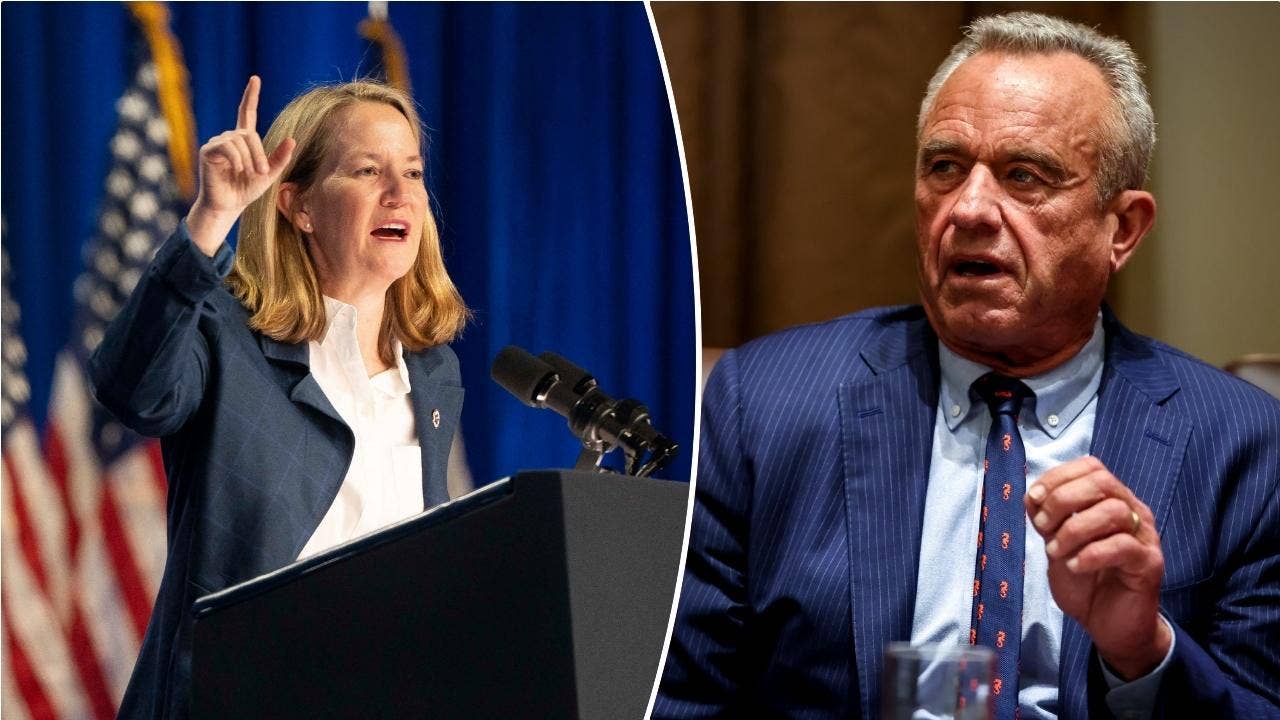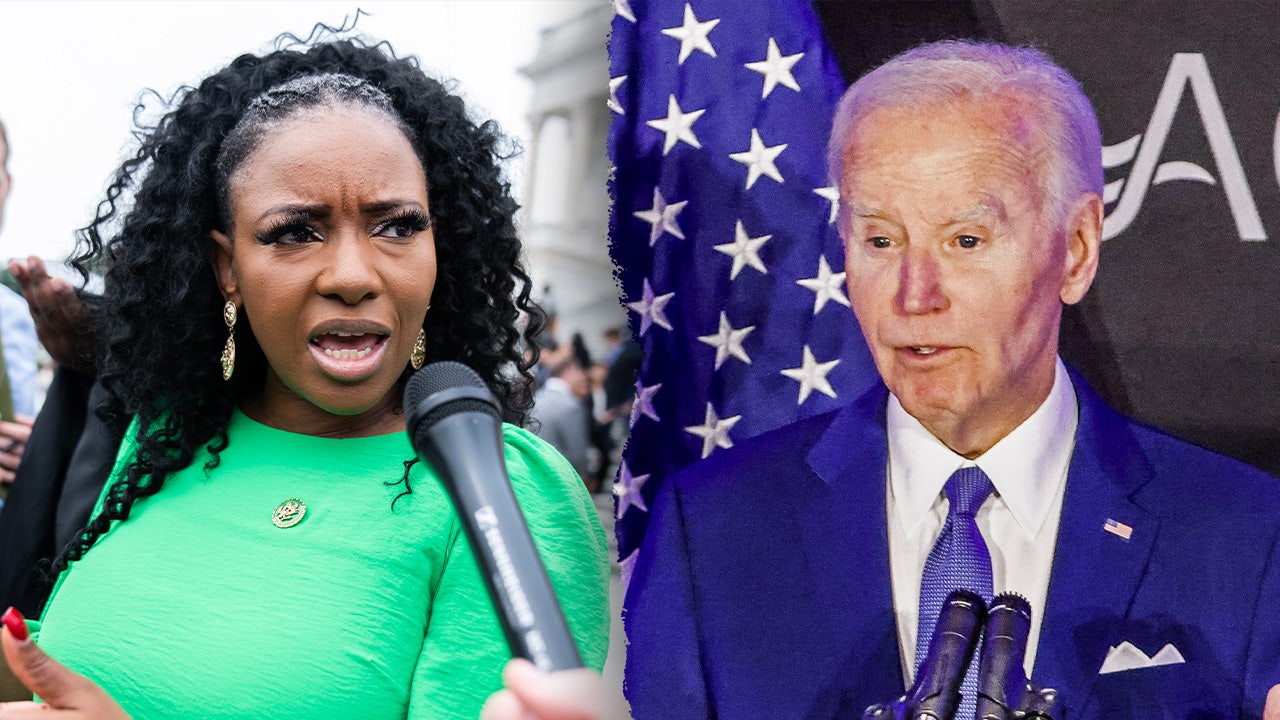Dem AGs take Trump-Kennedy HHS to court over cuts to COVID-era grants

More than 20 Democratic attorneys general are banding together to challenge Secretary Robert F. Kennedy Jr.’s decision to implement significant spending cuts within the Health and Human Services (HHS) Department. These cuts, which align with President Donald Trump’s goal of reducing waste and streamlining the federal government, have sparked outrage and legal action from state officials.
Arizona Attorney General Kris Mayes minced no words in condemning the cuts, calling them “reckless and illegal.” The measures include the termination of approximately 10,000 federal health employees, representing about 20% of the workforce across major HHS agencies. Additionally, billions of dollars in public health grants are being slashed, with $12 billion originally designated for states during the COVID-19 pandemic now at risk.
The HHS defended the cuts by asserting that the COVID-19 pandemic is over and that taxpayer dollars should be redirected towards addressing chronic disease epidemics in line with President Trump’s directive to “Make America Healthy Again.” However, Mayes and her counterparts from 23 other Democratic-led states argue that these cuts will have detrimental effects on public health initiatives within their jurisdictions.
Mayes emphasized that the reduction in grants would particularly impact rural communities and vulnerable populations, jeopardizing crucial healthcare services and potentially leading to job losses in the healthcare sector. The lawsuit filed in Rhode Island challenges the withholding of funds as harmful and unlawful, with the plaintiffs representing a coalition of states and the District of Columbia.
As the HHS begins implementing these cuts, federal health employees have started receiving termination notices, causing confusion and anxiety among staff members. The department maintains that the layoffs will result in annual savings of $1.8 billion and streamline operations while safeguarding essential services like Medicare and Medicaid.
Despite the department’s claims of cost-effectiveness and efficiency, critics argue that the cuts will undermine public health efforts and exacerbate existing health disparities. The legal battle between the Democratic attorneys general and the HHS signals a contentious debate over the prioritization of federal funds and the impact on healthcare services nationwide.
In a time of ongoing public health challenges and economic uncertainty, the outcome of this legal dispute will have far-reaching implications for healthcare policy and the well-being of communities across the country. Stay tuned for updates on this developing story as the legal proceedings unfold.




